From Challenge to Champion: Mixed-Ability Duo Shares Their Winning Story at the Skechers KL Pickleball Tournament
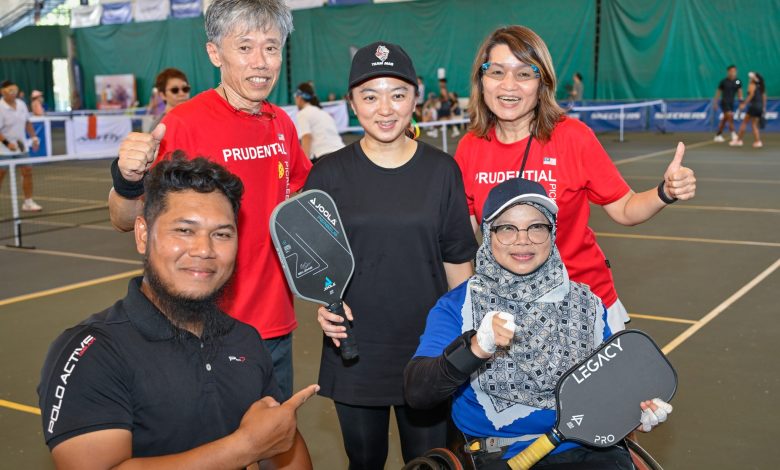
Sports often spotlight the divide between able-bodied athletes and those with disabilities, but the recent triumph of Edward Chan and Norisah Bahrom in the Skechers KL International Pickleball Tournament tells a different story. Their victory in the mixed-ability category transcends mere competition, symbolising the power of inclusivity and teamwork.
As we know, pickleball is now one of the fastest-growing sports globally, celebrated for its accessibility to players of all abilities, young and old. Yet, even in such an inclusive arena, the partnership between Edward, an able-bodied player, and Norisah, a wheelchair athlete, stands as a remarkable story of what true collaboration can achieve. Their journey wasn’t easy; with limited practice time, physical challenges, and the need to synchronise their playing styles, both athletes faced some of the toughest hurdles. However, through determination, mutual respect, and unwavering support for each other, they rose above these challenges to claim victory.
Their story resonates far beyond the court, offering a powerful message about breaking down barriers and redefining what’s possible in sports.
A Partnership Born of Opportunity
Edward Chan, an avid pickleball player, found himself drawn to the mixed-ability category of the Skechers tournament partly due to a personal connection. His girlfriend, Chris Cheng, was involved in sponsoring the participation fees for the mixed-ability group, which comprised 30 participants. This opportunity to promote inclusivity in pickleball was one he couldn’t pass up. However, his partnership with Norisah Bahrom, a wheelchair player, was only solidified a mere four days before the event, leaving them with limited time to practise and adapt to each other’s playing styles.
Norisah, who initially picked up pickleball in a more casual setting, described her journey into the sport as a progression from “just for fun” to competitive play. Reflecting on her first official tournament experience, she said, “The nerves were real, and there were moments when I doubted whether I was up to the challenge. But once I was on the court, I knew I had to push through.” Her determination and positive mindset allowed her to overcome these fears and realise her potential.
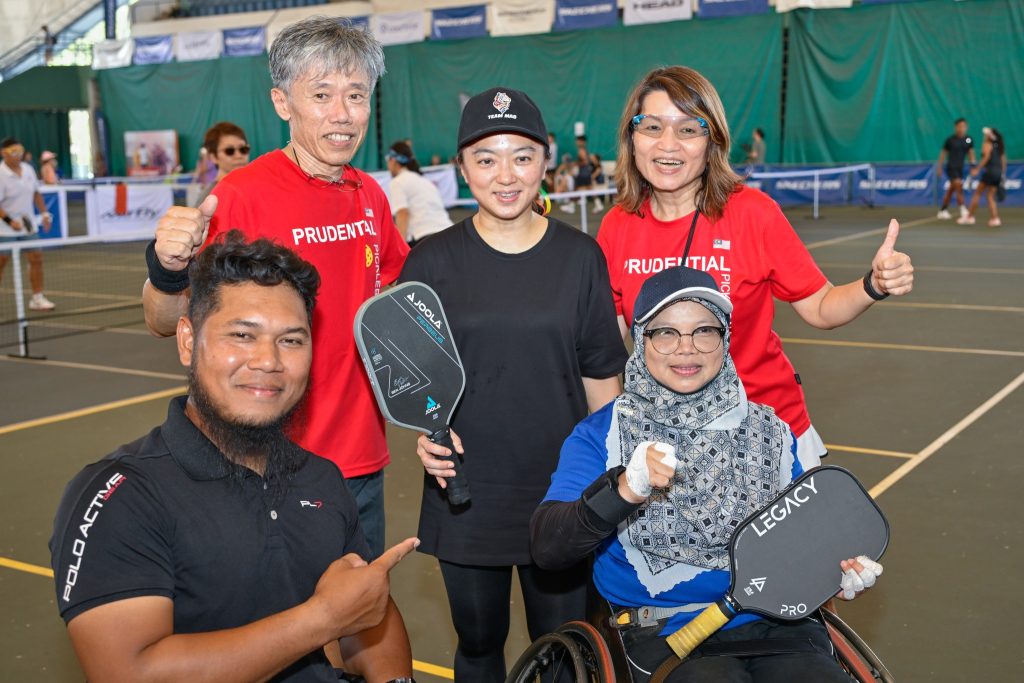
Adapting to Unique Dynamics
The partnership between Edward and Norisah required significant adjustments, particularly for Edward, who had to modify his playing style to accommodate the unique dynamics of playing with a wheelchair partner. Edward quickly learned that wheelchair players are allowed certain advantages, such as the ball being permitted to bounce twice before returning a shot, due to their limited mobility. This rule necessitated a shift in strategy and required Edward to be more mindful of Norisah’s mobility considerations.
Edward shared, “I had to pick up some new rules, especially understanding that the ball is allowed to bounce twice for wheelchair players. It was crucial to ensure Norisah didn’t overexert herself, given that some players may have been affected by prior spinal conditions.”
To ensure Norisah didn’t overexert herself, Edward took on more of the court coverage, often “poaching” or stepping in to take shots that would typically be within his partner’s reach. “Poaching is the norm when in play,” he explained, “as I need to cover situations that might be too strenuous for her. But beyond these physical adjustments, constant communication and encouragement were key.”
For Norisah, the challenge was not only physical but also mental. She had to build her confidence and trust in Edward as her partner, knowing that he was there to support her in every sense. “At first, I wasn’t sure how we would manage with so little practice together,” she admitted. “But Edward’s calm and supportive approach helped me to focus and believe in our ability to succeed.”
The Road to Victory
Reflecting on their journey to winning 1st place, both Edward and Norisah highlighted the importance of enjoying the process over fixating on the outcome. Edward, in particular, took an unconventional approach by deliberately withholding the score from Norisah during their matches. “I told her not to worry about the score,” Edward recalled. “I wanted her to concentrate on moving forward and playing her best without the added pressure.”
This strategy paid off, as it allowed them to play freely and without fear, ultimately leading them to triumph. “I didn’t even inform her that the prize money was pretty lucrative,” Edward laughed as he recalled the impressive total prize pool of over RM46,000 (roughly USD $10,500) offered in the tournament. “I didn’t check it myself until after we had won. It wasn’t about the money for us – it was about enjoying the game.”
For Norisah, the victory was more than just a personal achievement; it was a validation of her journey and an affirmation of what can be achieved through perseverance and teamwork. “Winning felt surreal,” she reflected. “It showed me that with the right mindset and a supportive partner, we can overcome any obstacle.”
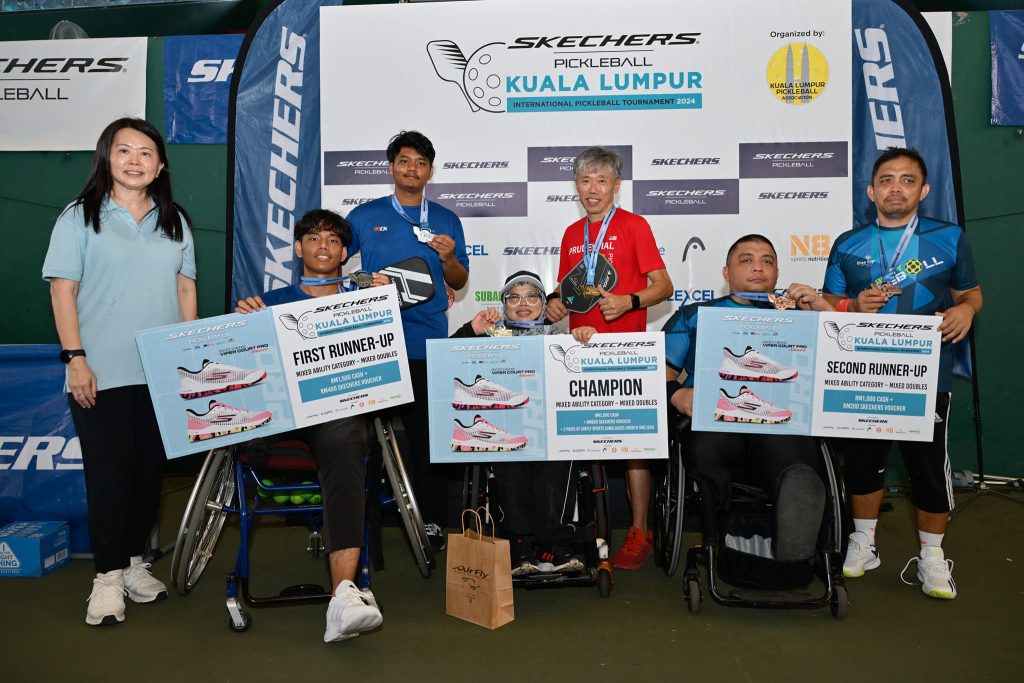
The Broader Message of Inclusivity
Edward and Norisah’s victory sends a strong message about the power of inclusivity in sports. Their success challenges the traditional notions of competition, where athletes are often segregated based on their physical abilities. Instead, it showcases the potential for collaboration and mutual support, where able-bodied and disabled athletes can come together to achieve greatness.
Edward believes that for pickleball, and sports in general, to become more inclusive, there needs to be greater accessibility to affordable venues and facilities. “We need more affordable venues, especially in government community halls,” he emphasised. “These spaces are often underutilised, and they could be perfect for growing pickleball as an inclusive sport.”
He further advocated for collaboration between local authorities and the sports ministry to include pickleball in the list of approved sports for these community halls. “It’s all about giving everyone a chance to play, regardless of their physical abilities. After all, these facilities are funded by taxpayers, so they should be accessible to all.”
A Lasting Legacy
The story of Edward Chan and Norisah Bahrom is not just about winning a tournament; it’s about breaking down barriers and redefining what it means to be an athlete. Their partnership serves as an inspiring example of how inclusivity in sports can lead to extraordinary achievements. As they continue their journey in pickleball, their legacy will undoubtedly encourage others to embrace the spirit of inclusivity and to challenge the limits of what is possible in sports.
In a world where divisions often define us, Edward and Norisah’s story is a powerful reminder that true success comes from unity, understanding, and the belief that, together, we can overcome any obstacle. “Our victory wasn’t just about us,” Edward concluded. “It was about showing the world what’s possible when we come together and support one another, regardless of our differences.”

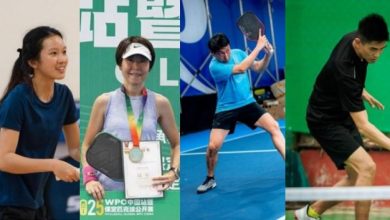
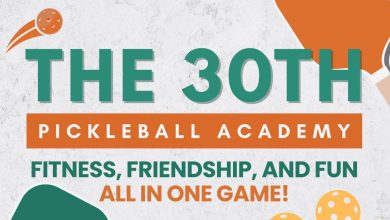
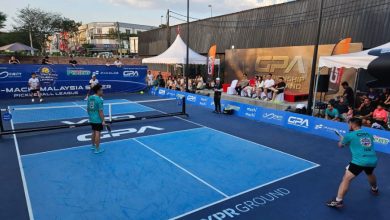
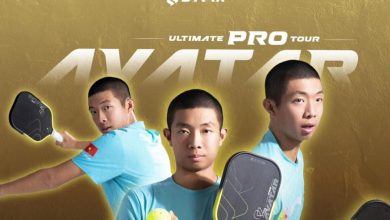
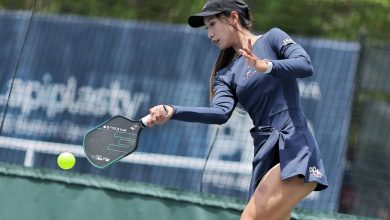
Great reporting on a relevant subject. I’d like to know more about the background
leading up to this situation. Perhaps a future report
could explore that?